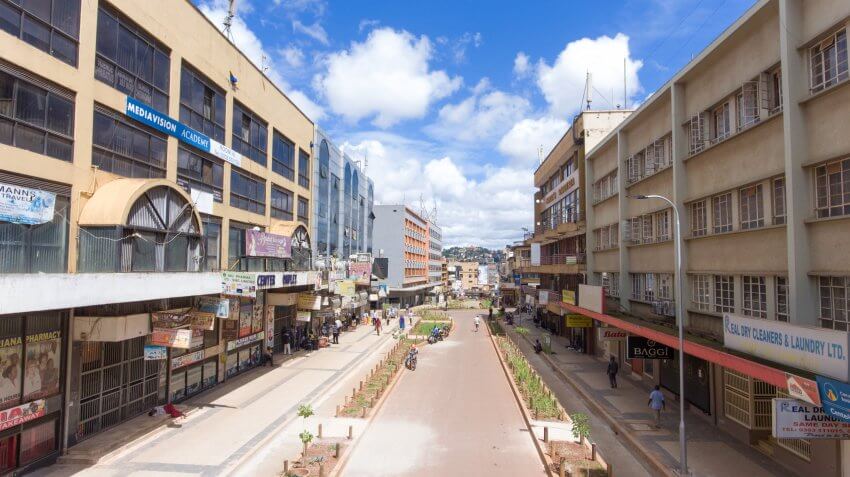The local businessmen not affiliated to the Kampala City Traders Association (KACITA) and the Federation of Uganda Traders Association (FUTA) have voiced out their frustrations over the ongoing traders’ strike in Kampala, highlighting their challenges as independent operators who feel they are being sidelined by the mandatory strike yet requirements from landlords remain the same.
According to a businessman who wishes to remain anonymous, he and many others have invested their sweat and blood, working in low-paying jobs to establish their enterprises in Kampala.
However, they have been met with unexpected barriers, including the necessity of registering with organizations like KACITA, FUTA, or UTEA, which he claims were not communicated to them upon starting their businesses, and who keep calling for strikes at will, which affects their businesses as there are bills to pay at every stage and money is lost in these unnecessary strikes.
“I am not affiliated with any traders’ association, as none have approached me to discuss their goals or support my business; our arcade has been sealed off by our landlord, while other buildings nearby remain operational,” the local trader said.
He added that it hurts to see neighboring businesses thriving while theirs are shut down despite their compliance with all tax and rent obligations.
“Our deep concerns are over the financial situation, particularly after some of us have running loans and have received loan default notices from various banks,” the local businessman added.
Irene Namusoke, another local businesswoman, said that she had planned to clear her merchandise with the Uganda Revenue Authority (URA) but was unable to do so due to the strike, which is a setback in her plans and business development.
“I rely on groupage shipping, and with a loan of UGX 6.86 million, I can’t afford to let my family down because I used the house as collateral and let it go into jeopardy,” Namusoke noted.
Other traders criticized the perceived favoritism shown towards certain traders and questioned the fairness of the strike.
“We believe in the right to protest, but it should be inclusive and fair. Those of us who want to work to meet our financial obligations should be allowed to do so; some of us had already ordered goods, and the shipping agents are calling us demanding money to transport our containers, where some of us have deadlines today. Failure to do so, they will be taken to demurrage, and that is money too wasted and required to clear the fee,” the local traders revealed.
As the situation unfolds, these businessmen are requesting to be allowed to operate as a resolution that allows all traders to operate freely, emphasizing the need for unity and support among local businesses.
“We need to come together, but we also need to be able to sustain ourselves and our families,” they added.
The ongoing strike has sparked debate among traders and business owners, with many calling for transparency and a more equitable approach to business operations in Kampala.
